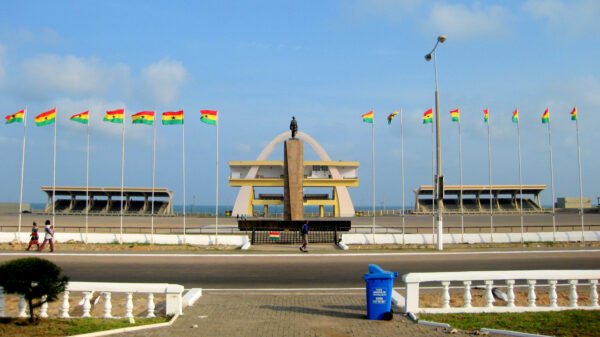Discussing the idea of Scottish independence: its origin, merits, shortcomings and its potential impact on the UK.
On September 18 2014 Scots will vote to determine whether or not their country should remain part of the United Kingdom. It’s hard to overemphasise the significance of the most important landmark in British constitutional history since Southern Ireland’s secession from the union in 1922. Whatever the outcome, a series of difficult questions are arising about the future of Great Britain.
Why Scottish nationalism has proliferated as a political movement is the subject of intense debate. The notion of Scottish home rule became popular during the 19th century, inspired by the developments in Ireland, but struggled to gain ground, especially as in the 1930s, nationalism became associated with anti-democratic forces. The Second World War had a profound impact on Britain. The conflict consolidated political resistance across the colonial empire while the UK found itself heavily indebted. In 1947, India and Pakistan were granted independence, initiating a process of decolonization that was all but complete by the mid-1960s. A series of international humiliations ended the country’s role as a superpower, and for many in Scotland served to undermine one of the main justifications for the United Kingdom. Accordingly, support for the once-prominent Scottish Unionist Party declined.
The discovery of oil off the Scottish coast during the 1970s invigorated debate over Scottish independence, with the SNP claiming deposits that could benefit Scotland’s rapidly declining economy. As such, in the 1974 election it returned 11 MPs to Westminster. During this time, although the campaign for a Scottish parliament consolidated, the SNP were incredibly unsuccessful in realising their political goals throughout the 1980s. Labour’s landslide victory in the 1997 general election paved the creation of a Scottish Parliament in 1999. The SNP achieved substantial electoral success, becoming the main party of opposition before winning enough votes during the 2007 election to form a minority government and then, in 2011, a 23-seat majority, which allowed them the leverage necessary to hold the upcoming referendum.
Scottish nationalists argue that the British identity is dying, and that independence is the next logical step for a country with its own legal system and parliament, pointing towards the success of various small Scandinavian countries. Moreover, they assert that the country would enjoy greater economic success being handed proper fiscal powers, while gaining true international clout through membership of the EU and the UN. Unionists have pointed to the inconsistencies of nationalists’ claims, not least the £13 billion gap between revenue and public spending. Moreover, they point to the fact that Scotland has greater influence in international organisations as part of the UK, a country that is still widely regarded as a great power. Most importantly perhaps, they argue that the integrated British economy is more capable of meeting the challenges of globalisation than that of an independent Scotland.
A source inside Scottish Parliament commented that the SNP’s plans for an independent Scotland were “vague and non-committalâ€, while there would be numerous challenges facing the country’s bid for EU membership, with Spain threatening to block any application so as to deter regional nationalism within its own borders. The source went on to comment that a ‘Yes’ vote in 2014 would be highly unlikely, and that Westminster would do well to focus its efforts repairing the sometimes difficult relationship between the English and Scots. This view is widely held, and polls seem to confirm it with support for separation fluctuating between 25-34%, while the status quo maintains a constant lead.
Whatever the outcome of the vote, important questions will have to be asked about the future of the United Kingdom. In the event that Scotland votes for independence, a long and potentially painful separation will follow. History tells that national divorces are rarely amicable processes, fraught with disputes over property and assets. As Czechoslovakia dissolved between 1992-1993, politicians argued over everything – down to the ownership of paintings in government offices! Moreover, the remnant of the United Kingdom will have to seriously reconsider its global status and potentially face revitalised English, Welsh and Irish nationalism. Indeed, it isn’t impossible that the secession of Scotland could preempt the collapse of Great Britain.
In the more likely event that the status quo is upheld, there are clear indications that Westminster will be obliged to instigate a national consultation about the UK’s future governance. The devolution of power to regional assemblies is an ongoing process, the Scotland Act (2012) that aims to hand further power to the Scottish government exemplifies this. Inevitably, questions about the future of devolution and even the position of England (currently represented only in Westminster) within the Union will have to be asked.
King's College London. Award-winning student newspaper, a platform to share your story, and a publication that holds entities accountable when no one else dares.

















